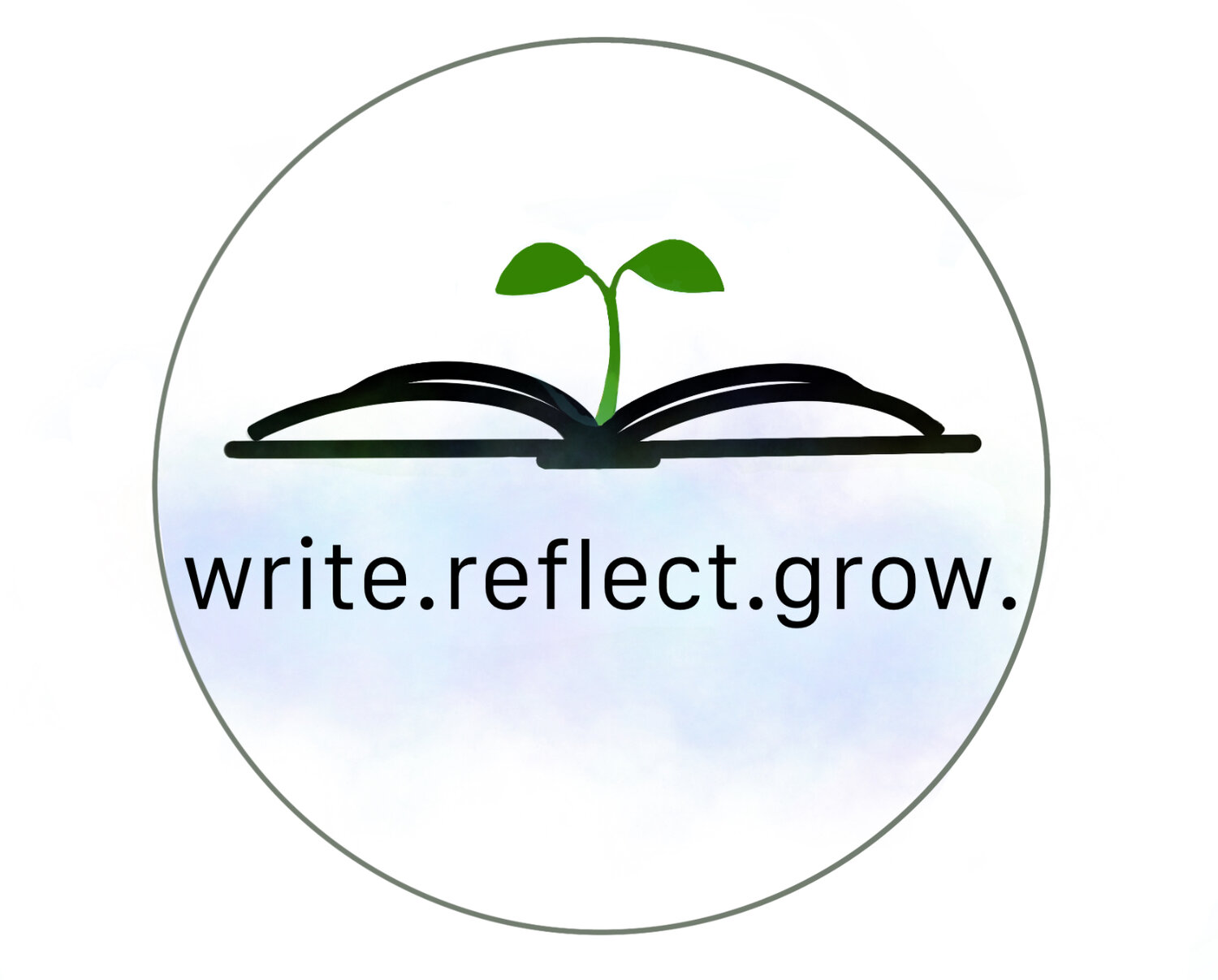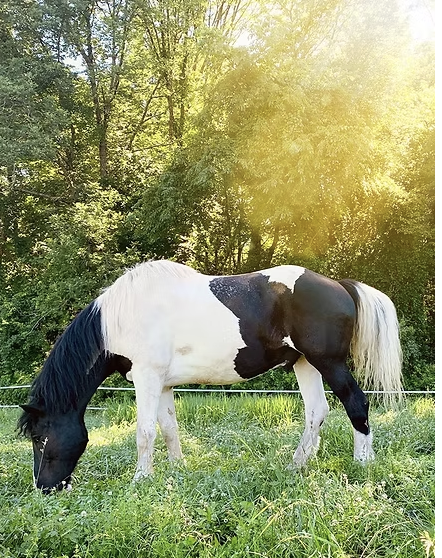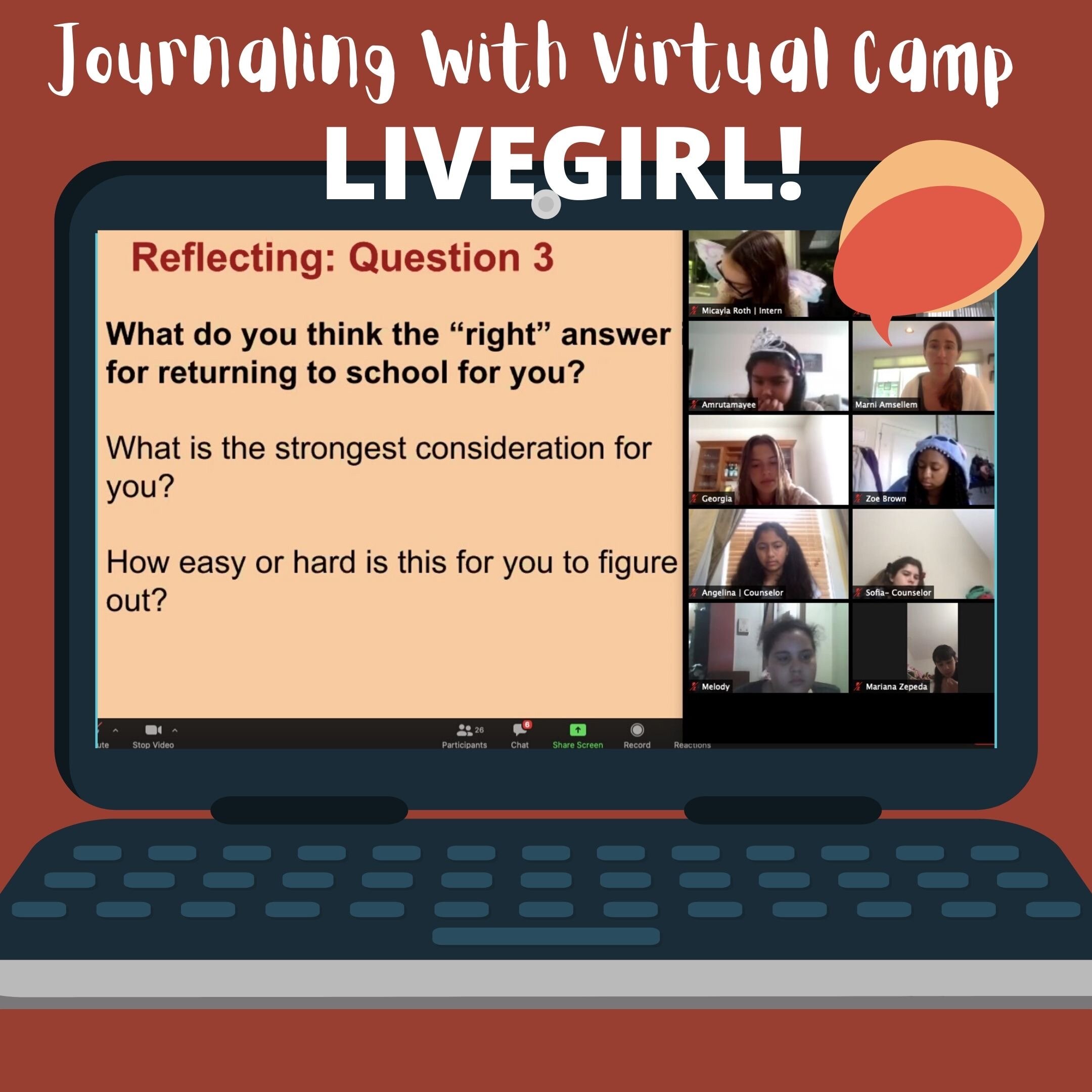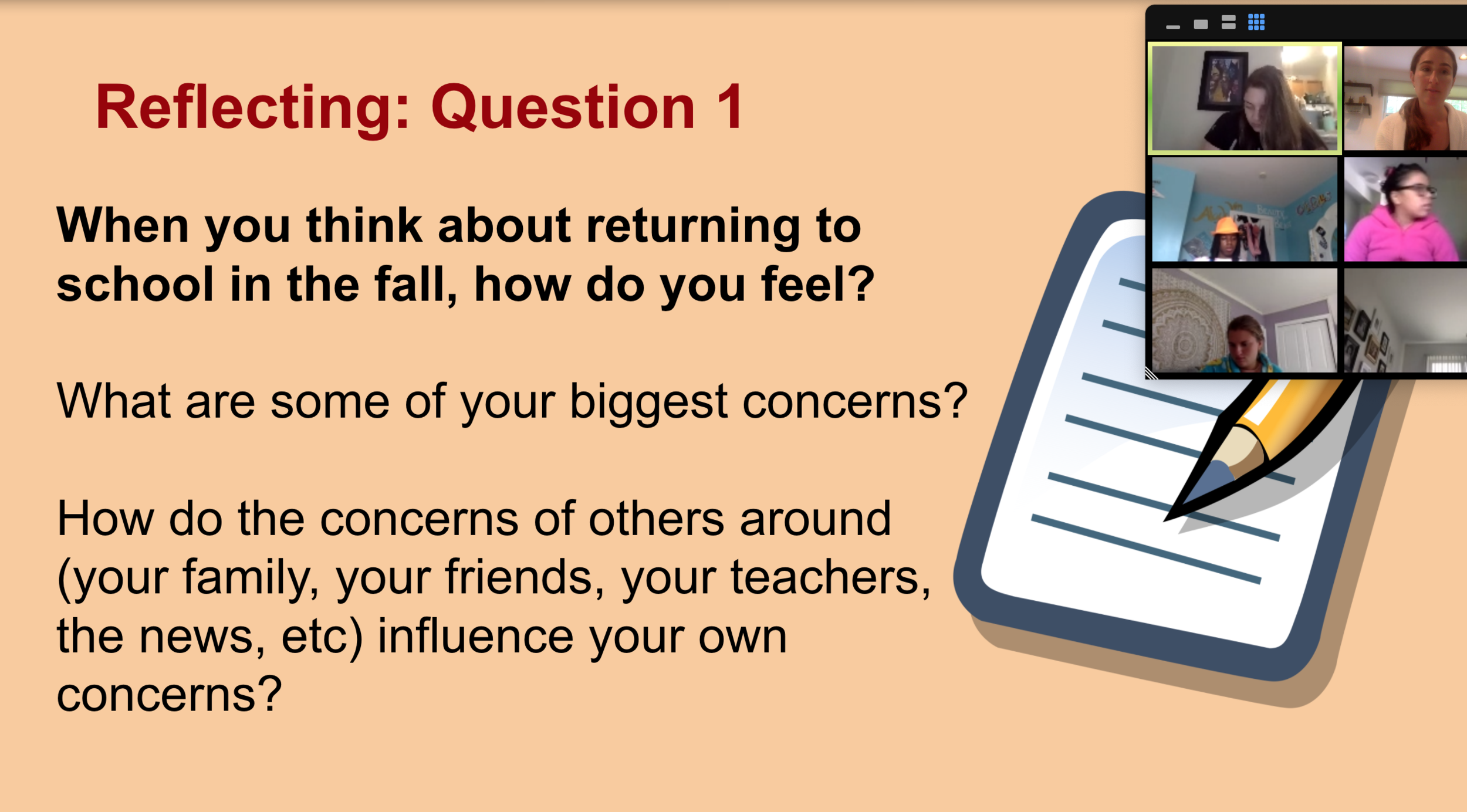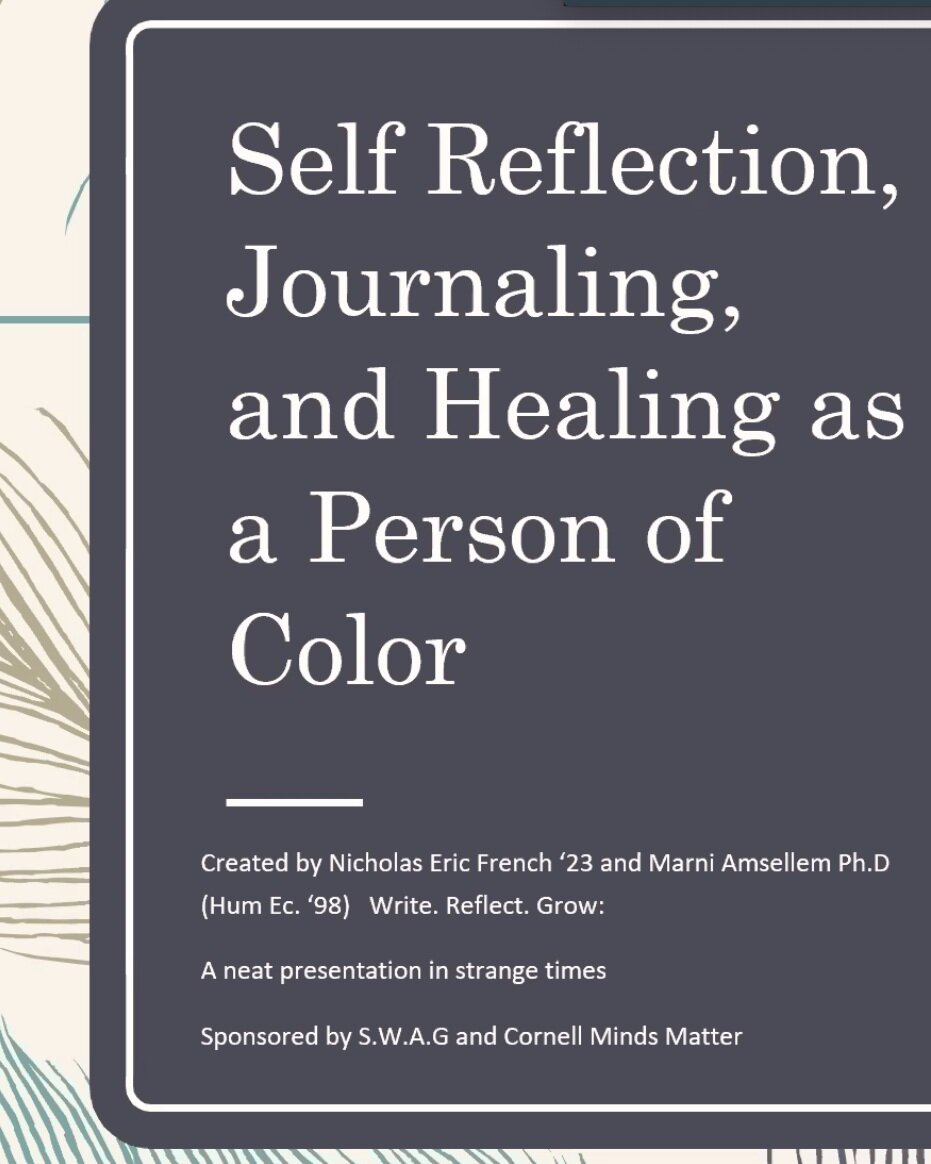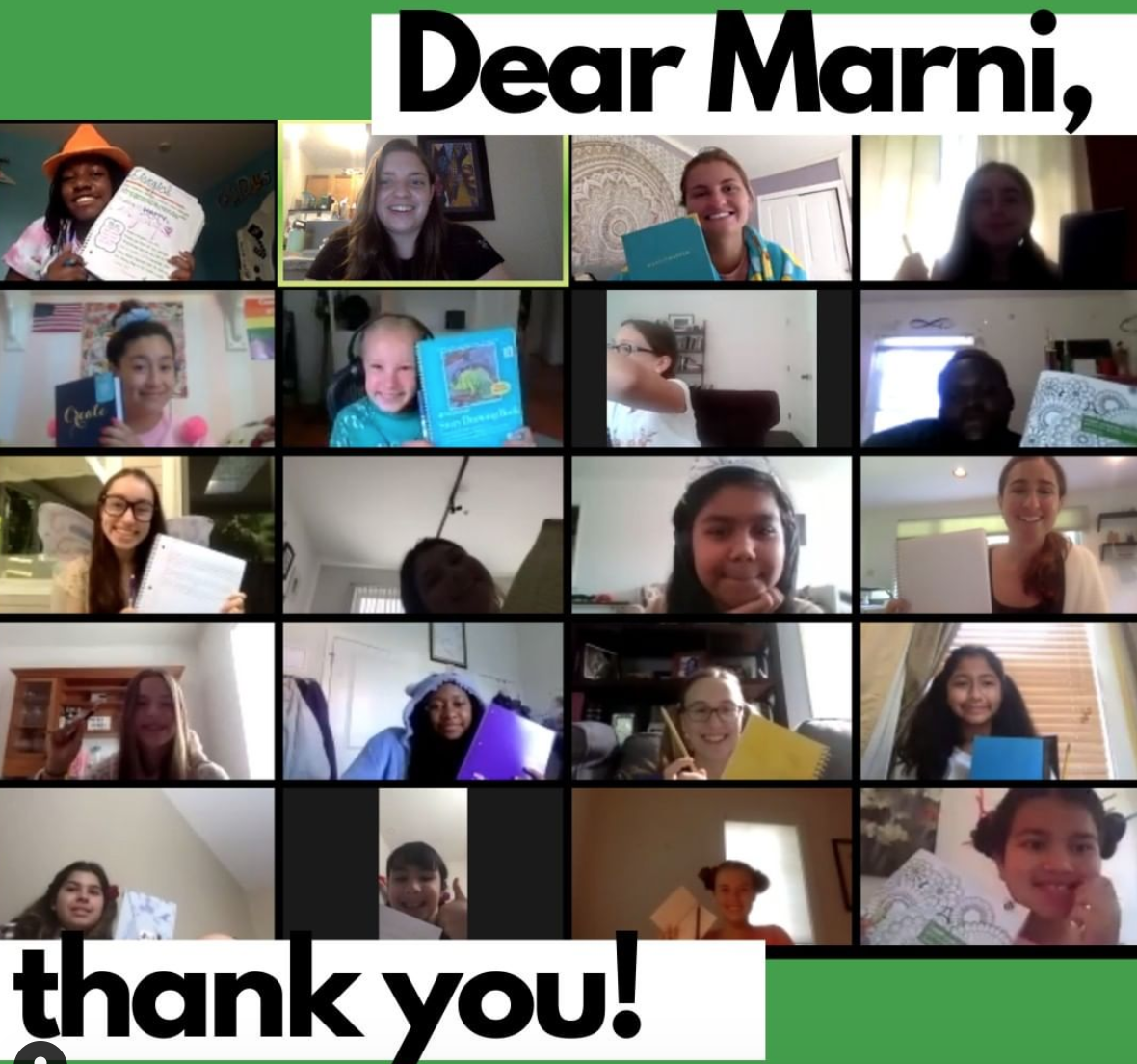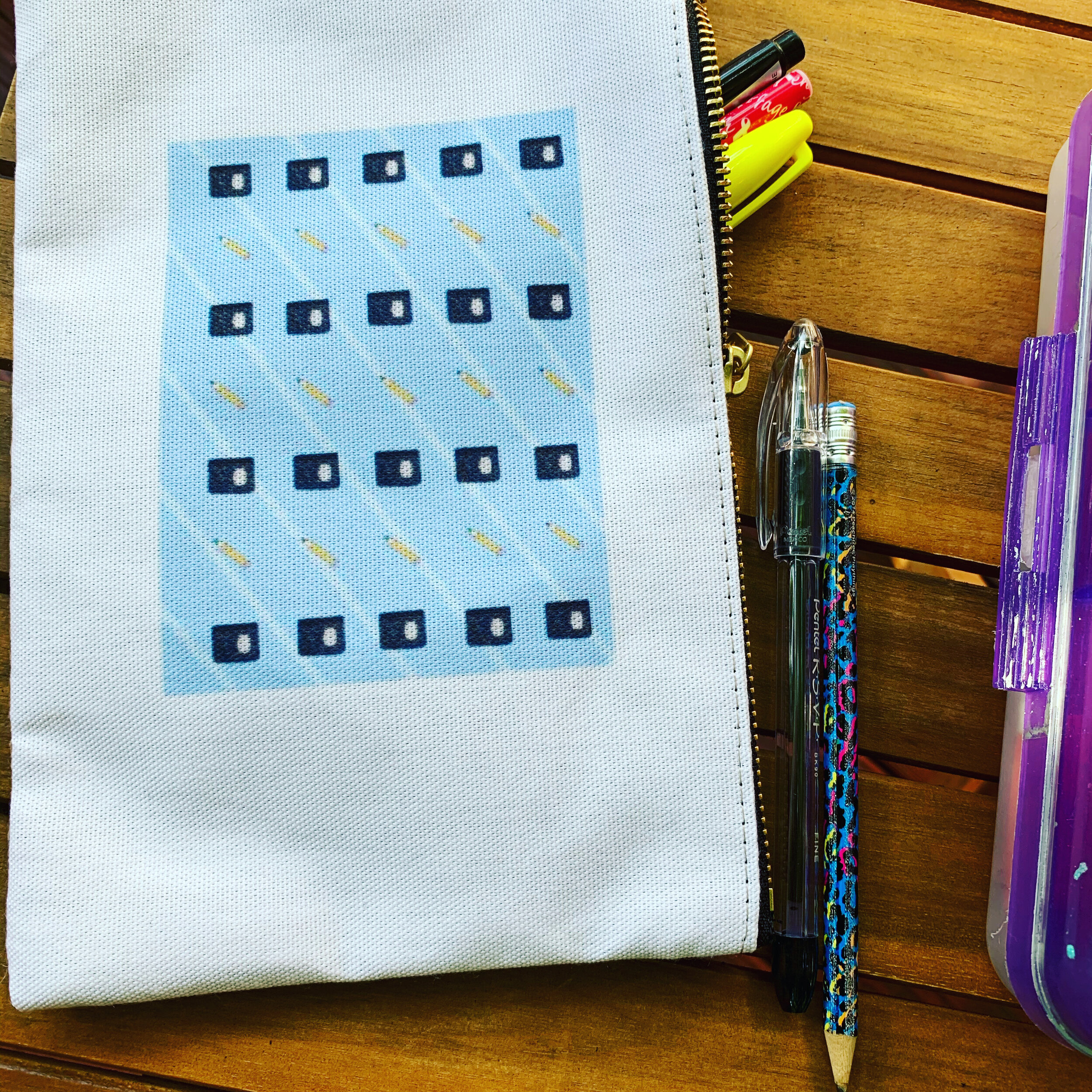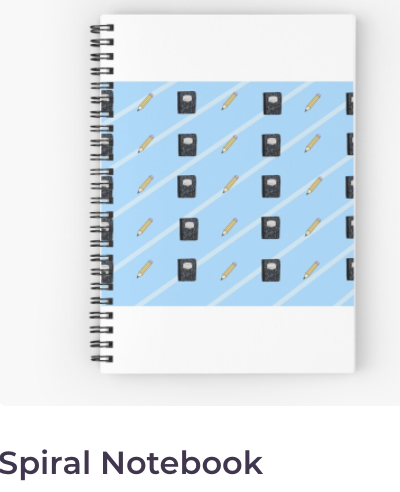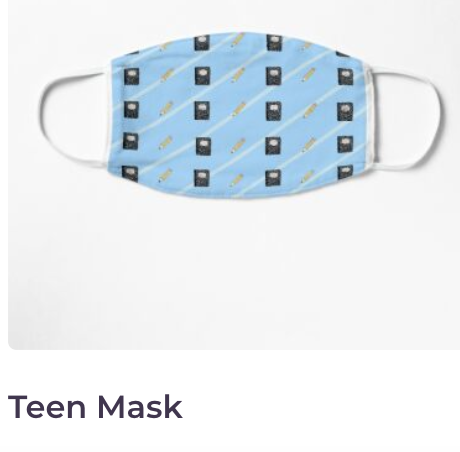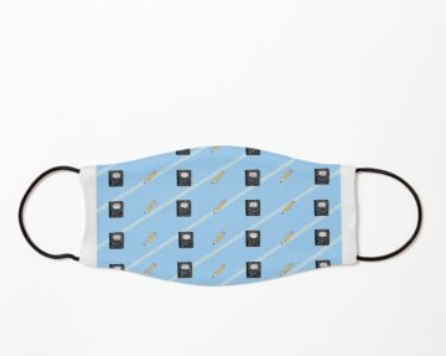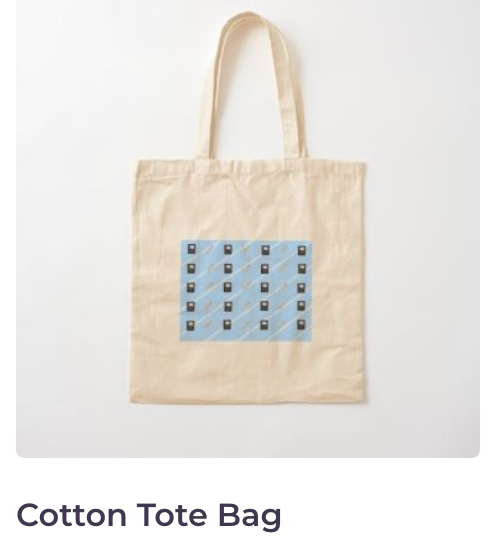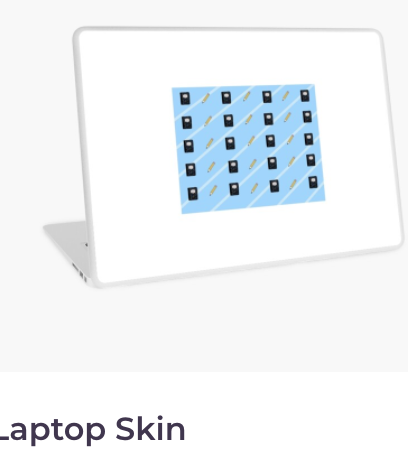How appropriate to be writing about goal-setting now. Certainly appropriate because it is on most of our minds being just a few days into the new year (i.e. the season of New Year’s Resolutions). But it is also while preparing for a goal-setting workshop to take place with a community that would not exist as it is today had it not been for the practice of journaling while envisioning this community. More on that in a moment.
This workshop highlights the power that can be harnessed simply by journaling while goal-setting- “Connecting to your ‘why’”.
I will be writing more on the topic of ‘connecting to your ‘why’ when goal-setting, in a later post. For now, I wanted to highlight some specific ways in which journaling can support the achievement of your goals while you are in progress:
Journaling provides the space to call out and reflect upon your progress.
Have you successfully gone to bed 30 minutes earlier for four nights in a row? Have you decreased your time spent gaming or on your phone this week?
Journaling can assist you as you reflect on your early achievements. How does it feel to have made this progress? Do you notice the difference in the additional sleep? Are you more able to focus on your other responsibilities since you are spending less time gaming or on your phone? If the changes you are noticing are positive, notice how this positivity is impacting your motivation to continue working toward your goals.
Journaling can be your accountability partner as you progress toward your goals.
This topic has been explored in more detail in an earlier post, and reinforicing these points here as well. The process of writing down your goals, laying them out there, making them visible and tangible, making yourself vulnerable, may have a big role in making yourself accountable to yourself to your goals. Consider setting a regular time or interval to check in to see how you are on track to meet your goals and how you may make adjustments to better achieve them.
Notice the language you are using as you journal about your goals.
The language we use in our self-talk can either support or sabotage our successes - and ultimately that choice is up to us! For example, how likely would you be to successfully meet your goal if you say to yourself, “I should have written that blog post (or insert your own goal here) that I keep meaning to”, or “why can’t I just sit down and write it already?” compared to “I plan to have a draft completed within the next 3 days. I will carve out 2 hours of time on my day off tomorrow to work on this some, for starters”? Using action-oriented and non-judgemental language in setting your goal facilitates action. Try this and see what happens.
Back to the intentional goal-setting workshop that will be taking place in a setting and with a community that was built on journaling- it is truly remarkable to witness what has been built simply by nurturing the seed of a grand idea with intention, reflection, and awareness. Blue Iris Farm animal rescue and retreat is what it is because of the visions of its amazing owner- who happened to build our her ideas for the farm and community by using The Big Idea Journal. It is full circle to be sharing an intentional goal-setting workshop in this location that emanates such positives. In fact, all Write.Reflect.Grow. journal purchases made at this time will be donated to give back to this growing nonprofit community. Our intention is to honor this full circle moment by keeping the circle going!
One of the rescue animals at Blue Iris Farm
